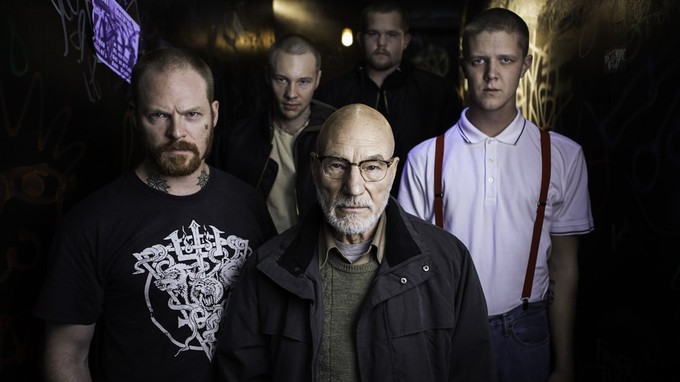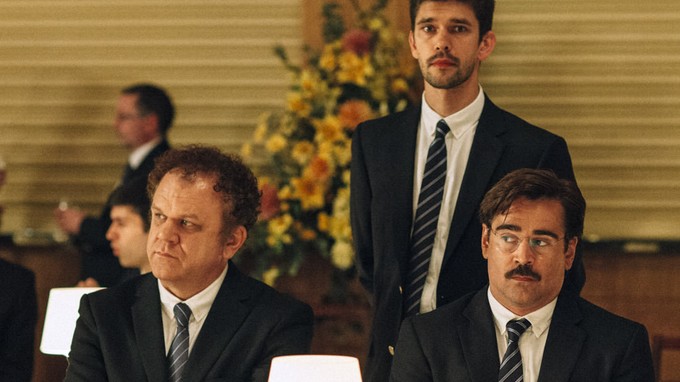Ain't It Cool News (www.aintitcool.com)
Review
SUNDANCE 2016: Capone checks out Jeremy Saulnier's GREEN ROOM and Yorgos Lanthimos's THE LOBSTER!!!
Hey everyone. Capone just back from Park City, Utah, once again attending the 2016 Sundance Film Festival. Here are a couple of titles that played Sundance this year that made a spalsh at other festivals in 2015 (I believe both of these played at the Cannes Film Festival)…
Readers Talkback



